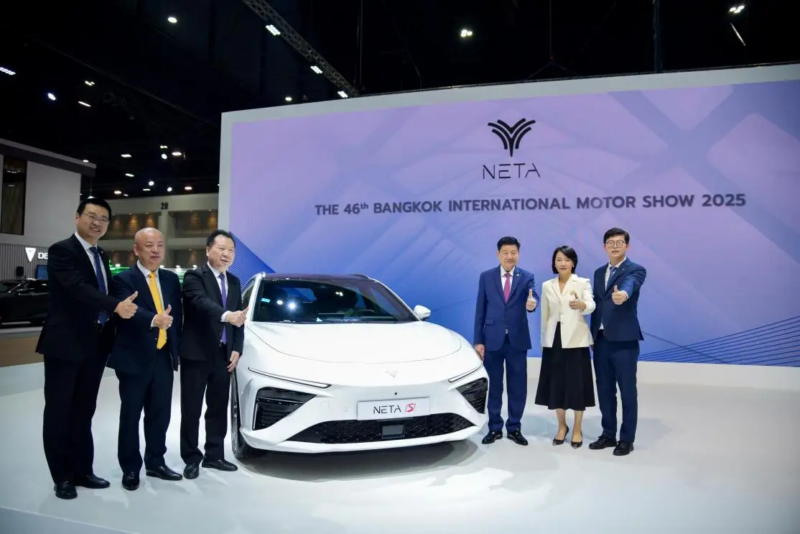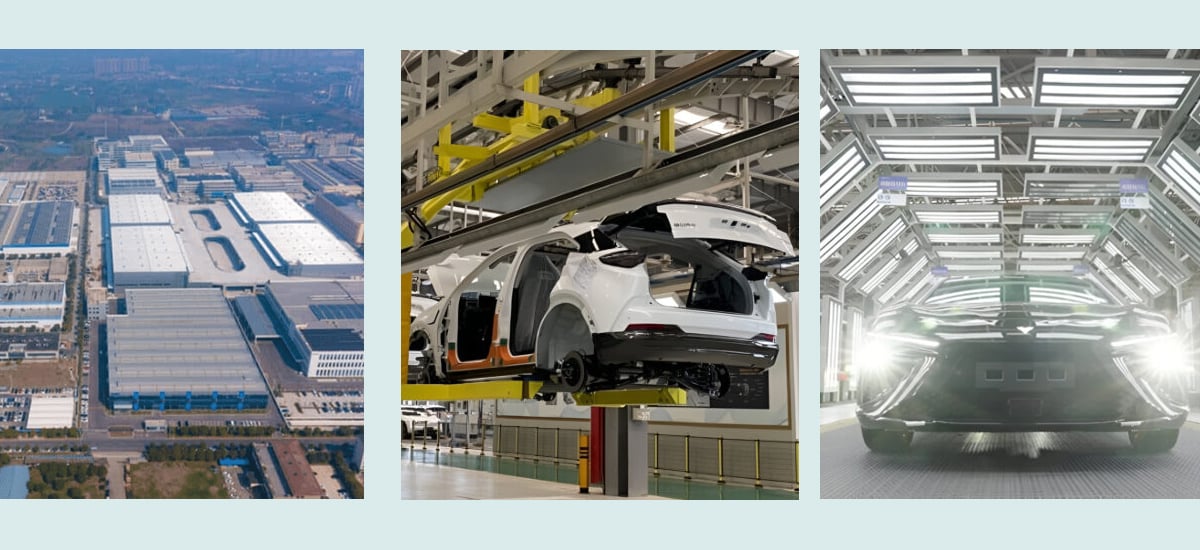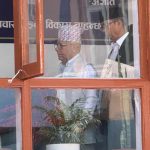Kathmandu: Toyota China has clarified the possibility of Toyota acquiring financially troubled Neta.
The CarNewsChina.com cited Toyota China’s Brand Communications Director Xu Yiming, saying he has not heard anything like that.
According to Kuai Technology’s report, on May 12, Toyota has been evaluating the acquisition of Chinese EV company Neta Auto. It indicated that it would be a powerful move for Toyota to strengthen its EV strategy in China.
This created hope for Neta as it was financially struggling. If the deal had succeeded, it would have been a win-win situation for both Toyota and Neta as Neta would have gotten relief for its financial struggle and Toyota would have got an opportunity to expand its EV market in China.
Hozon New Energy Auto founded Neta Auto in 2014. However, the company has been in crisis since the middle of 2024. After the halt of the production, there were employee terminations. Then, the company sought external funding.
During such a crucial phase, if Toyota goes for the acquisition of Neta, then it would surely help the company to get a stable production and minimize the loss. Toyota can strengthen its EV market in China.
Brief reopening of production, but failure
Neta, on February 10 in 2025, unvieled that the E-round financing plan of 552-621 million US Dollars failed. The main investor of the company, with support from BRICS nations, pledged 414 million US Dollars. But the resume of production and securing the matching investment became the contingent part of the funding. This ultimately affected its materialization.
The funding succeeded to act as a catalyst to briefly reopening the factory of Neta, situated in Tongxiang, in early January. Due to the shortage of the severe parts, the production didnt resume. Then, the investor withdrew their support, and the deal collapsed.
Valuation of the company
Then the valuation of the company was affected. In 2023, the Tongxiang government’s entity invested 211 million US Dollars in the company. Back then, the entity evaluated the company at 5.8 billion US Dollars. By 2025, the proposed valuation for a 50% stake was slanted to 828 million USD. That was an 80% drop in the valuation.
This triggered the furious founder Zhour Houngyi to pull back the pledged 138 million US Dollars follow-up investment. And, Neta’s management faced a backdrop of its confidence.
Neta’s decline in sales
In 2024, Neta experienced a significant decline in sales, with total units dropping to 64,500. The situation worsened in January 2025, as sales plummeted by nearly 98% compared to the previous year, reaching a mere 110 vehicles. The company has also come under fire for relying on obsolete technology and overstating its vehicle capabilities. The severity of the crisis was further emphasized by a viral video showing founder Fang Yunzhou bowing to suppliers and dealers in a public apology.
Neta’s Loss Minimization strategy
In the previous more than three years, Neta has incurred a cumulative loss of 2.53 billion US Dollars and owes 828 million to its creditors. To minimize the financial turmoil and minimize the loss, the company also proposed converting 70% of supplier debts into equity and paying the rest of the amount in instalments. The company made the offer as it feared not being able to clear the wages and social insurance without new capital. The suppliers might be at risk if Neta goes Bankrupt, as government investors will get priority during debt repayment.
Neta in pressure to meet the target in Thailand
The worst scenario might also result in Neta paying penalties in Thailand. In Thailand, Neta received upto 41000 US dollars in subsidies for each vehicle. To retain the subsidy, Neta must complete the target of local production by 2025. If Neta fails to meet the target, there might be repayment of tax breaks, interest, and subsidies for the company.
However, there was a pinch of optimism from the side of technological and market value for Neta. The company succeeded in cracking a 276 million debt for equity agreement with 134 prime suppliers and even received financial support from Hong Kong’s Solotech and Thai organizations on March 26.













